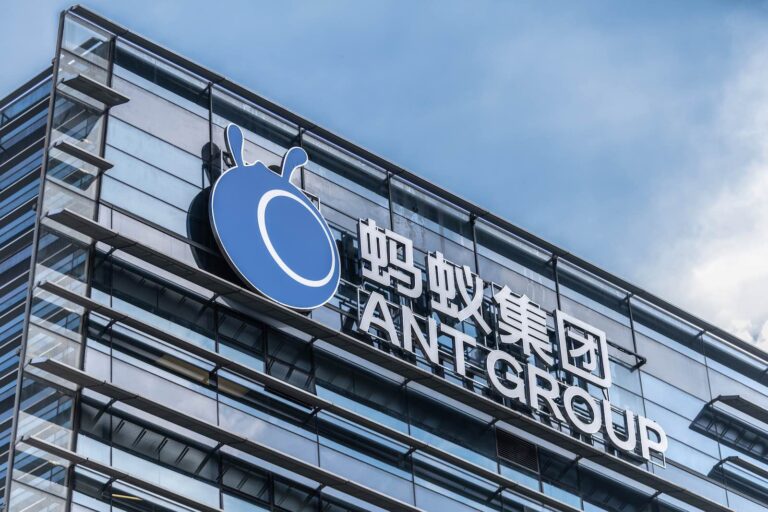Seller UBS looks to be struggling to sell the Chinese joint venture it inherited after acquiring its Swiss rival last year. Citadel emerged as the lone global bidder for the unit, according to Bloomberg, amid escalating geopolitical tensions, Beijing’s tightening hold on private enterprises, a faltering economy, and a stock market meltdown.
The company, which is primarily an investment bank and a brokerage, was formerly 51% owned by Credit Suisse and 49% by Founder Securities (601901.SS); it was last valued at approximately 2.3 billion yuan ($320 million), slightly more than Citadel’s proposed 1.5 billion to 2 billion yuan offer.
Ant is an unlikely gatecrasher. Since financial authorities halted its initial public offering in 2020, the company has been going through a hard restructuring and downsizing. Founder Ma and other executives no longer have control. Its critical consumer lending operations, which at their peak had a loan amount of 2.1 trillion yuan, have been merged into an entity in which it owns just 50% and is subject to capital restraints and other restrictions.
Even Ant’s money market fund, which was previously the world’s largest, has been reduced in size. Furthermore, the conglomerate has failed to receive a long-awaited financial holding company licence, which is a critical step for reviving its IPO prospects and perhaps obtaining regulatory approvals for the Credit Suisse transaction.
Strategically, the acquisition seems out of place. Ant has been increasing its purchases to expand its Alipay worldwide payments footprint, with Reuters reporting that it is close to a $200 million deal for Dutch startup MultiSafepay, following the acquisition of a Singaporean counterpart in 2022. Five years ago, it paid $700 million for WorldFirst, based in the United Kingdom.
There is limited overlap between Credit Suisse’s mostly institutional businesses and Ant’s retail-facing financial services, but a purchase would grant any acquirer a highly sought-after investment banking and brokerage license in the world’s second-largest economy.
Still, Ant’s willingness to consider such a risky transaction represents a type of return. After years of governmental crackdowns on the company and the industry, investors and competitors may welcome Ant’s unexpected return to prominence, no matter how disruptive it proves to be.
That means UBS faces a dilemma in choosing between the higher local bid from Ant, or the lower Citadel bid submitted in December offering about 1.5 billion yuan ($208 million) to 2 billion yuan that is more likely to win government approval, the report added.
